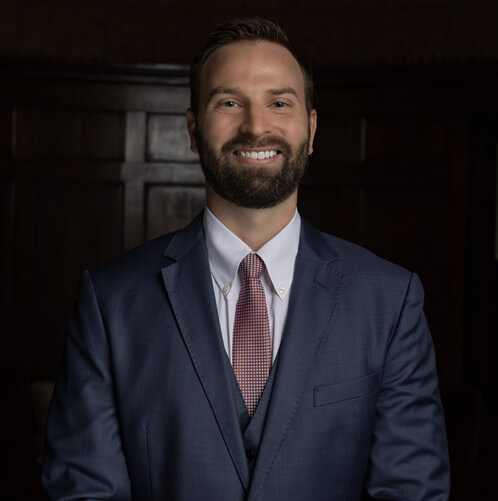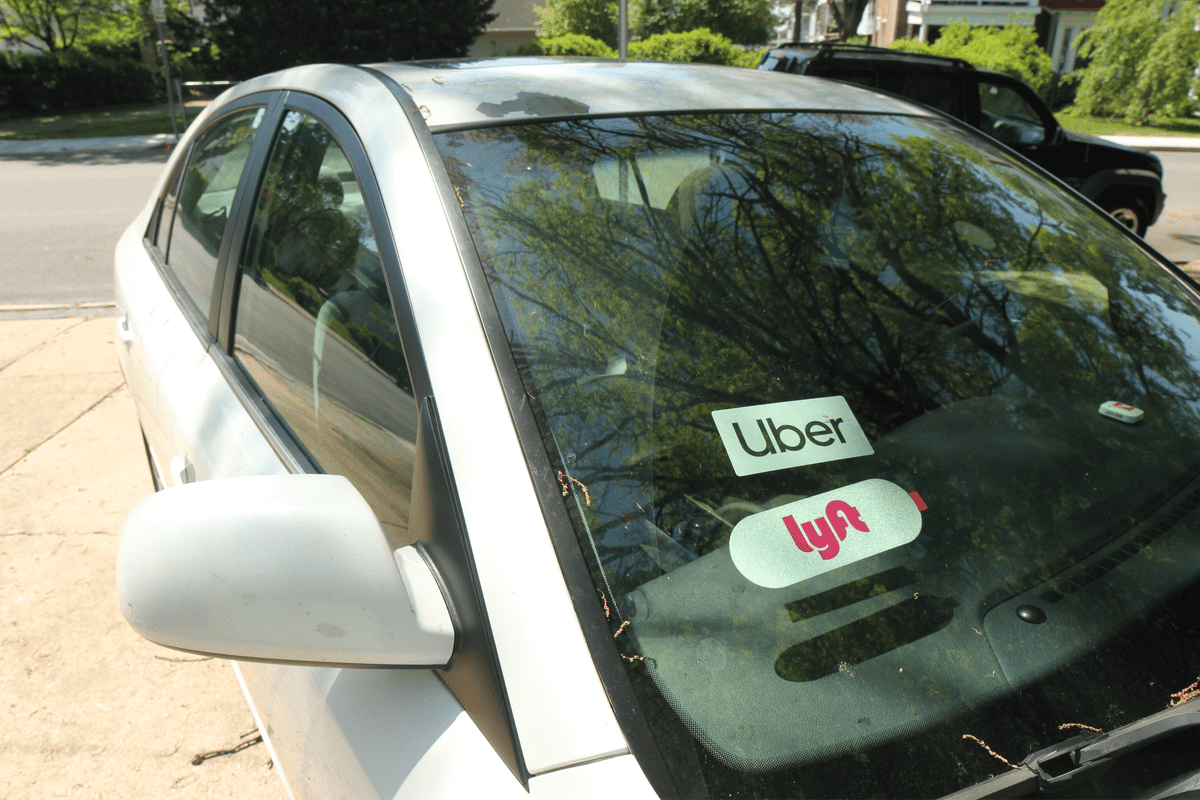
Partner at Charbonnet Law Firm LLC
Practice Areas: Car Accident, Slip-and-Fall, Work-related Injury

Rideshare services like Uber and Lyft have become part of everyday life in New Orleans. Whether you’re heading home after a night out or catching a ride to the airport, rideshare apps offer a convenient option. But what happens if your Uber or Lyft driver gets into an accident? Who is responsible, and can you sue the rideshare company for your injuries?
This blog breaks down how liability works in rideshare accidents in Louisiana, what laws apply, and how passengers can protect their rights after being injured.
The first thing to understand is how Uber and Lyft classify their drivers. Both companies label their drivers as independent contractors—not employees. This is a key detail when it comes to legal responsibility. When a company hires someone as an employee, the company is typically responsible for their actions on the job. But when the worker is an independent contractor, the company can argue it’s not legally responsible.
Uber must have $1 million in liability insurance in Louisiana while a ride is being conducted.
Rideshare firms frequently attempt to avoid paying for injuries caused by their drivers because of this classification. However, under certain conditions, Uber and Lyft may still be held liable. This happens when the driver is logged into the app and actively working at the time of the crash.
Another factor is vicarious liability. This legal concept means a company can sometimes be held responsible for actions taken by someone working on its behalf even if that person is an independent contractor. This can apply in some rideshare accident cases.
Rideshare services were once limited to major cities like New Orleans and Baton Rouge. However, in 2019, Louisiana passed Act No. 286, a law that allows Uber and Lyft to operate statewide under the oversight of the Louisiana Department of Transportation and Development (DOTD).
This law put key safety regulations in place. Now, Uber and Lyft drivers in Louisiana must:
The law also ensures insurance protections for passengers and others involved in rideshare crashes. Different levels of insurance apply depending on the driver’s status in the app.
Under Louisiana Civil Code Article 2316, the law states that ‘every person is responsible for the damage he occasions not merely by his act, but by his negligence, his imprudence, or his want of skill.
Insurance Coverage Details
Insurance coverage during a rideshare trip depends on what the driver was doing at the time of the accident. Rideshare insurance is split into three stages:
|
Driver Status |
Coverage Type |
Coverage Limits |
| App off | Personal auto insurance | State minimum requirements |
| App on, no ride accepted | Rideshare company policy | $50,000 per person, $100,000 per accident, $25,000 property damage |
| Ride accepted or in progress | Rideshare company policy | $1 million liability coverage |
If the driver wasn’t using the app, their insurance applies. When the app is on, and they’re waiting for a ride request, Uber and Lyft provide basic third-party liability insurance. Once a trip is accepted and the driver is either en route or has a passenger in the car, the company’s $1 million policy kicks in.
If you’ve been in an accident while riding in an Uber or Lyft vehicle, here’s what to do:
Start by getting medical attention even if you think you’re okay. Some injuries don’t show symptoms right away. Report the accident to the police and the rideshare company. Take photos of the vehicles, the scene, and your injuries. If there are any witnesses, try to get their contact info.
If the driver was not actively using the Uber or Lyft app at the time of the accident, then the rideshare company is not liable.
Document everything. Save your receipts, medical records, and ride confirmation from the app. These details matter when filing a claim.
Louisiana has a one-year time limit for personal injury lawsuits. This means you must act quickly to protect your rights. If you wish to get compensation for your ridesharing accident, you must speak with a lawyer as soon as possible following the collision.
In a rideshare accident, passengers may be eligible for several types of damages. These include:
The amount of compensation depends on many factors, including how badly you were hurt, how long your recovery takes, and how much insurance coverage is available.
The rideshare company may try to shift the blame or offer a low settlement. That’s why having an attorney who understands Louisiana’s rideshare laws can make a difference.
It depends. If the driver was logged into the app and accepted a ride, Uber or Lyft’s insurance may apply. However, suing the company directly is challenging due to driver classification.
If the driver weren’t using the app, only their car insurance would apply—not Uber or Lyft’s policy.
You have one year from the date of the accident to file a personal injury claim. After that, your case could be dismissed.
Get medical help, report the crash, gather evidence, and talk to a personal injury lawyer experienced in rideshare cases.
No. It only applies when a ride has been accepted or is in progress. Otherwise, lower limits or personal insurance may apply.
Rideshare accidents raise complicated legal questions. Whether you can hold Uber or Lyft responsible depends on when the crash occurred, who was at fault, and whether the driver was working in the app. Insurance coverage changes based on the driver’s status, which affects your claim.
If you’ve been injured in a rideshare accident in Louisiana, knowing your rights is the first step. Charbonnet Law Firm, LLC has experience helping passengers understand their options and pursue compensation. If you’re unsure what to do next, consider speaking with an attorney who can guide you through your next steps.

With over 50 years of legal experience serving families in the New Orleans area and surrounding Louisiana communities, our firm takes pride in providing clients with personalized legal services tailored to individual needs.